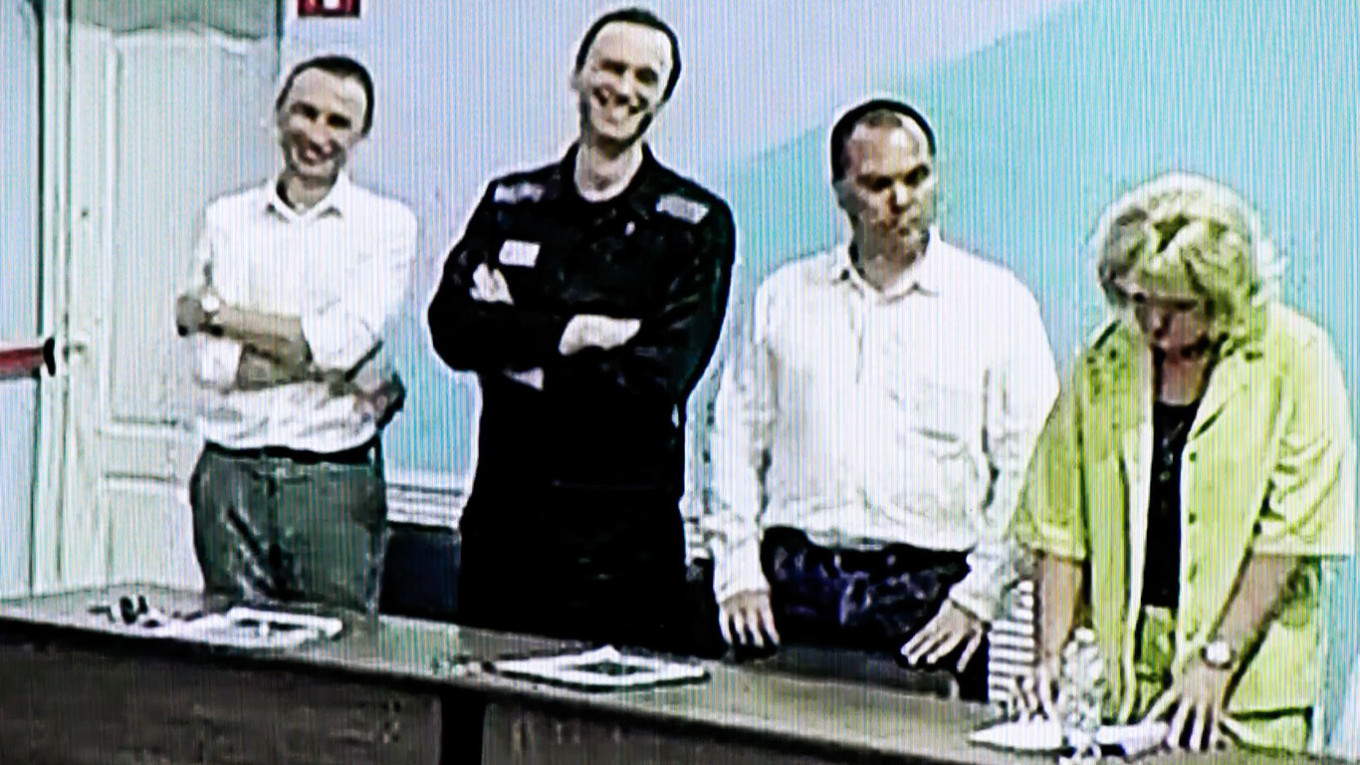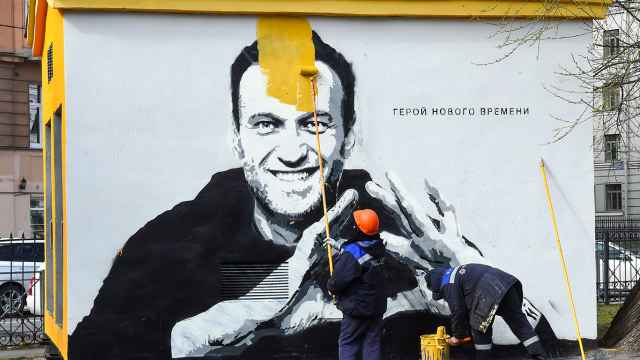Russia’s Supreme Court has upheld a 19-year prison sentence for Alexei Navalny, state media reported on Monday, more than five months after the opposition activist died in an Arctic prison.
In a closed-door hearing held on July 2, the court rejected an appeal by Navalny’s defense team against a nearly two-decade sentence for creating an “extremist community.” The late activist began serving that sentence in December at the notorious “Polar Wolf” penal colony, where he died under unclear circumstances on Feb. 16.
“The verdict of the Moscow City Court was left unchanged, and the cassation appeal was dismissed," a spokesperson for the Supreme Court told reporters, referring to the August 2023 ruling against the activist on a string of charges his supporters described as an attempt to keep him out of politics forever.
Russia’s Supreme Court also ruled against an appeal by Daniel Kholodny, the former technical director of Navalny’s YouTube channel. Kholodny was sentenced to eight years in a penal colony in the same “extremism” trial as Navalny.
Russia designated Navalny’s activist network, including the disbanded Anti-Corruption Foundation (FBK), as “extremist” in 2021, placing employees, volunteers and supporters at risk of criminal prosecution. Most of Navalny’s associates fled the country following the designation.
Since then, authorities in Russia have handed down lengthy prison sentences to the few Navalny allies who chose to remain in the country.
In May, a Siberian court upheld the nine-year prison sentence for Ksenia Fadeyeva, a former coordinator for Navalny in the Tomsk region. Lilia Chanysheva, another Navalny coordinator in the republic of Bashkortostan, was sentenced in April to nine-and-a-half years on “extremism” charges.
A Message from The Moscow Times:
Dear readers,
We are facing unprecedented challenges. Russia's Prosecutor General's Office has designated The Moscow Times as an "undesirable" organization, criminalizing our work and putting our staff at risk of prosecution. This follows our earlier unjust labeling as a "foreign agent."
These actions are direct attempts to silence independent journalism in Russia. The authorities claim our work "discredits the decisions of the Russian leadership." We see things differently: we strive to provide accurate, unbiased reporting on Russia.
We, the journalists of The Moscow Times, refuse to be silenced. But to continue our work, we need your help.
Your support, no matter how small, makes a world of difference. If you can, please support us monthly starting from just $2. It's quick to set up, and every contribution makes a significant impact.
By supporting The Moscow Times, you're defending open, independent journalism in the face of repression. Thank you for standing with us.
Remind me later.






